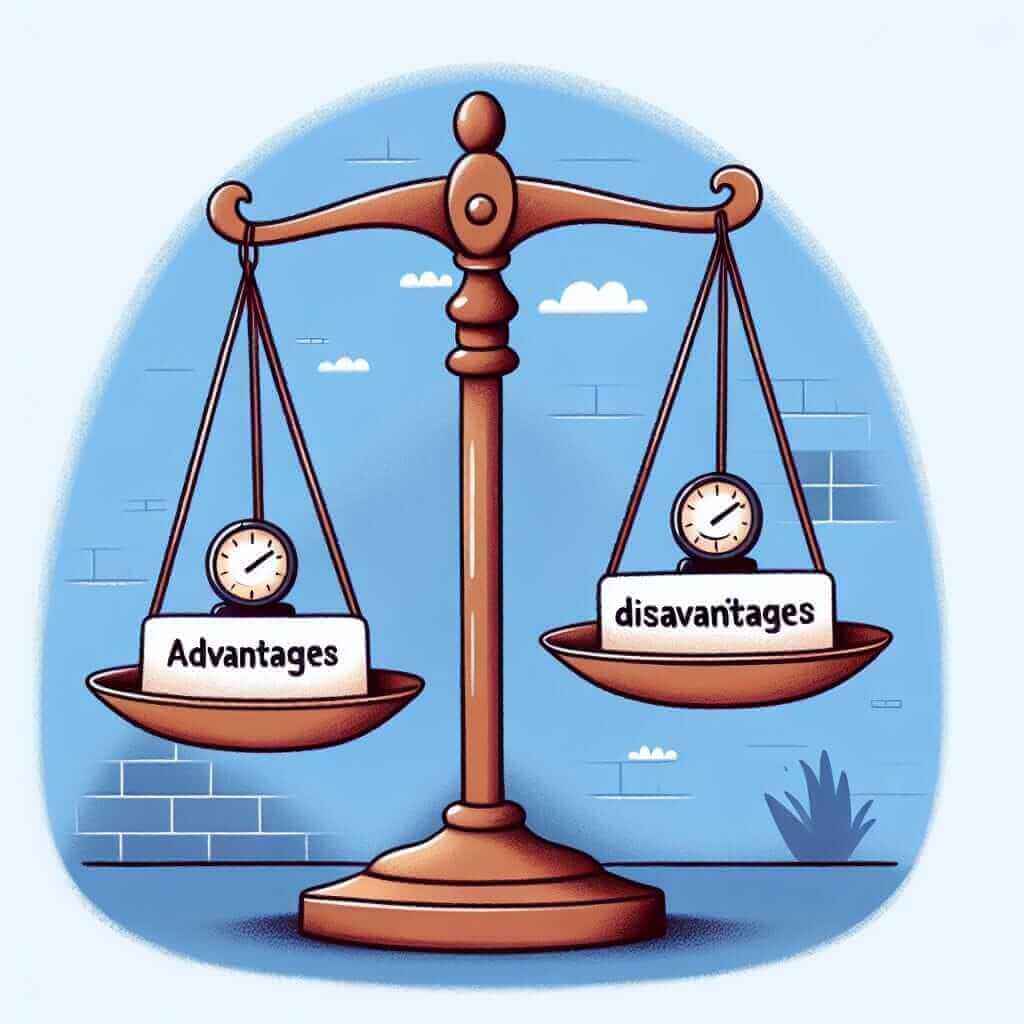“Even though” is a conjunction that expresses contrast or concession, signaling that something is true despite another fact or situation. It’s a valuable tool for IELTS test-takers aiming for a band score of 7 or higher, as it showcases your ability to construct complex sentences and present nuanced ideas. This article delves into the intricacies of using “even though” effectively in your IELTS writing and speaking, providing you with the knowledge and strategies to boost your score.
Let’s start by analyzing a few examples of how “even though” is used within the context of the IELTS exam:
Example 1: IELTS Writing Task 2
Even though technology has made our lives more convenient, it has also led to social isolation and a decrease in face-to-face interaction.
Analysis: This sentence argues that while technology offers convenience, it simultaneously has drawbacks, demonstrating a clear understanding of contrasting ideas.
Example 2: IELTS Speaking Part 3
“I enjoy reading physical books. Even though it’s easier to carry an e-reader, I prefer the feel of paper and the act of turning pages.”
Analysis: Here, the speaker expresses a personal preference (enjoying physical books) while acknowledging the contrasting convenience of e-readers.
Example 3: IELTS Listening Section
Narrator: The museum is open daily, even though the main gallery is currently closed for renovations.
Analysis: This statement highlights that despite part of the museum being unavailable, it remains accessible to the public.
Understanding “Even Though” and its Importance in IELTS
“Even though” is a subordinating conjunction, connecting two clauses where one clause (the subordinate clause) is dependent on the other. The clause introduced by “even though” presents a fact that does not negate the main clause, even if it seems surprising or unexpected.
Using “even though” effectively demonstrates your grammatical range, a key factor in achieving a high IELTS score. It allows you to:
- Show contrast and concession: Highlight opposing viewpoints or unexpected outcomes.
- Express complex ideas: Connect thoughts and information in a sophisticated manner.
- Improve sentence fluency: Create smoother transitions and a more natural flow in your writing and speaking.
Using “Even Though”: Grammar and Application
Formula:
Even though + Subject + Verb (subordinate clause), Subject + Verb (main clause).
Breakdown:
- “Even though”: The conjunction introducing the contrasting idea.
- Subordinate Clause: Contains a subject and verb, expressing the contrasting fact.
- Main Clause: Contains a subject and verb, presenting the main point.
Examples:
- Even though I was tired, I stayed up late to finish the report.
- The company’s profits increased, even though the economy was experiencing a downturn.
IELTS Task-Specific Applications:
- Writing Task 2: Use “even though” to present balanced arguments, acknowledging opposing views:
Even though globalization has fostered economic growth, it has also widened the gap between the rich and poor.
- Speaking Part 3: Employ “even though” to provide nuanced responses and express personal opinions:
“I believe renewable energy is crucial for the future, even though the initial investment costs can be high.”
- Listening and Reading: Be prepared to identify and comprehend the use of “even though” in passages and dialogues.

“Even Though” and its Synonyms for IELTS
While “even though” is highly effective, varying your language can further enhance your score. Here are some synonyms:
- Although: Similar in meaning to “even though,” often used interchangeably.
- Though: A slightly more informal version of “although.”
- While: Can indicate contrast or concession, but also has other uses (e.g., time).
- Despite/In spite of: Followed by a noun or gerund, conveying a similar meaning to “even though.”
Example:
- Original: Even though he studied hard, he failed the exam.
- Synonym: Despite studying hard, he failed the exam.
Common Errors and How to Avoid Them
- Comma Misplacement: When the subordinate clause comes first, use a comma to separate it from the main clause.
Incorrect: Even though I love chocolate I’m trying to eat healthier.
Correct: Even though I love chocolate, I’m trying to eat healthier. - Incorrect Conjunction Use: Avoid using “but” or “however” after “even though.”
Incorrect: Even though it was raining, but I went for a walk.
Correct: Even though it was raining, I went for a walk. - Redundancy: Avoid repeating the same idea twice.
Incorrect: Even though he was tired, he was exhausted, but he kept working.
Correct: Even though he was exhausted, he kept working.
Conclusion
Mastering the use of “even though” and its synonyms is an excellent strategy to enhance your grammatical range and express complex ideas effectively in the IELTS exam. By understanding its meaning, grammatical structure, and application across various sections, you can significantly improve your ability to convey nuanced arguments and achieve your desired band score. Remember to practice using “even though” in a variety of contexts to build your confidence and fluency.